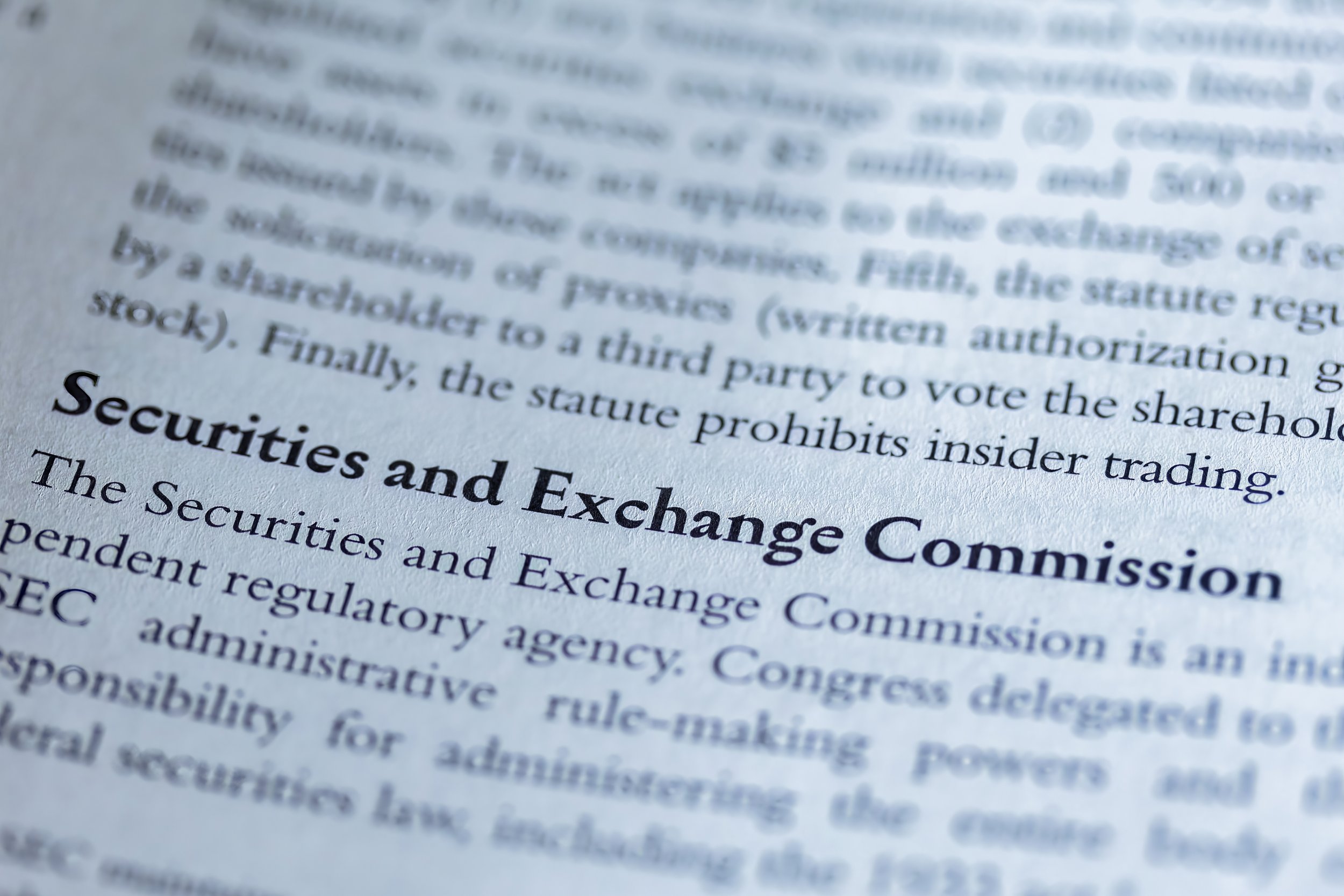SEC chair drags climate rule across the finish line despite objections from commissioners, who say it will ‘spam investors with the commission’s pet topic of the day’
The Securities and Exchange Commission adopted a raft of new climate change risk disclosure requirements Wednesday morning in a 3–2 vote that is nearly certain to see a legal challenge. Even at 886 pages, the final rule is an Ozempic-treated version of the initial proposal, with some of the most controversial components clipped out.
Commissioner Hester Peirce, who voted against the final rule, said its fundamental flaw was that it would allow for “special treatment” for investors that prioritize climate data and, thus, would claim disproportionate time in disclosures and “management and directors’ brain space.” The rule “fails to justify that disparate treatment,” said Peirce. She also said some climate data was tantamount to “high-priced guesses” and that adopting the rule could amount to the SEC acting to “spam investors with the commission’s pet topic of the day: climate.”
Since the rule was initially introduced in 2022, the landscape around environmental, social, and governance issues—even use of the term ESG—has shifted dramatically. Some of the largest asset management firms, including J.P. Morgan Asset Management, State Street, and Pimco have exited some of the most influential investor climate coalitions. The rule has drawn both support and criticism, eliciting more than 15,000 comment letters. The SEC, in proposing the rule, relied on investor participation in those groups as support for its rationale that investors were seeking the commission to act on climate-risk disclosure.
SEC chairman Gary Gensler in his remarks Wednesday morning noted the rules the SEC was adopting were “grounded in materiality,” a concept the Supreme Court articulated the meaning of in the 1970s and 1980s, he added.
“There are far more investors making investment decisions informed by climate risk, and far more companies are making disclosures about climate risks,” said Gensler. “In this context, [the SEC] has a role to play with regard to climate-related disclosures.”
The new rule, the full text of which has yet to be released to the public, will standardize companies’ annual disclosures about climate risk and require them in annual reports, said Gensler. Previously, investors relied on companies to voluntarily produce some of the data included in the rule through various sources or as the result of pressure from investor groups or shareholder proposals.
The SEC’s rule will standardize the set of disclosures and metrics that supporters of the rule say will give investors a way to easily compare and track how closely companies are hewing to their low-carbon transition plans—and how companies are factoring in the use of carbon offsets and renewable-energy certificates in meeting climate and transition goals.
The final rule the SEC adopted will require data on climate-related risks that are “reasonably likely to materially impact” business strategy, results of operations, or financial conditions, along with the governance and management of risks, said Erik Gerding, director of the SEC’s Division of Corporation Finance. Companies will also have to include the effects of severe weather events and other natural conditions in their financial statements, he said.
The final rule scrubbed some of the most controversial portions of the initial proposal, including requiring a company to offer up explanations about the level of climate expertise on the board and requiring disclosures about so-called Scope 3 greenhouse gas emissions. The SEC defined Scope 3 emissions as indirect greenhouse gas emissions that result from sources a company doesn’t own or control, like those related to buying and selling goods from third parties and transporting them, or employees’ business travel.
Losing Scope 3 from the rule is a loss for investors, said Sarah Merricks, former chief of staff at the U.S. Green Building Council and current cofounder and chief of strategy for the Global Network for Zero. “The watering down of Scope 3 emissions elimination in regulations and plans, including the SEC climate disclosure rules, and the very definition of net zero” is a deeply concerning trend, said Merricks in a statement to Fortune.
“Without mandates for Scope 3 emissions disclosure, investors are getting an incomplete picture of an organization’s sustainability progress; the value chain produces the majority of most businesses’ emissions,” she said. “While I understand that the SEC may be concerned about the potential legal challenges a Scope 3 disclosure mandate could bring, we are less than six years away from Paris Agreement targets and have no time to waste.”
Peirce said the final rule was so different that it should have been proposed again for comment and should have grappled with the different legal jurisdictions that have emerged given rules in the European Union and California.

